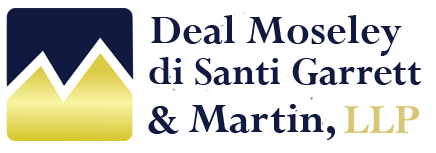Sole proprietors are owners of companies or businesses that haven’t separated the business entity from themselves. During tax season, it’s normal to pay your taxes out for your business at the same time as you pay your own personal taxes. You have write-offs and business expenses, but you also don’t separate your business as its own entity for tax purposes.
While being a sole proprietor is the simplest way to start a business, it isn’t necessarily what’s best for you or your business. There are downsides to being a sole proprietor that you should know about.
Sole proprietors are open to greater risk
The first thing to remember is that sole proprietors are putting themselves and their finances at greater risk by not choosing to have an LLC or other kind of business arrangement.
For example, if your business runs into financial trouble, you could have to pay back debts and expenses with your own personal income. On the other hand, if the business is in its own name, a business bankruptcy won’t impact your personal assets and you won’t have to worry about creditors coming after your personal assets if you’re behind on bills.
Another thing you may have to deal with as a sole proprietor is the risk of being held liable for accidents or injuries. If your business is a separate entity, then it can be sued if someone is injured by your product or you run into issues with a vendor. Unfortunately, if you’re a sole proprietor, you won’t have any protection against lawsuits. That could mean that you could be sued directly and be held personally liable for other people’s losses.
Choose the right business entity for your own protection
If you want to protect yourself, then it’s important that you choose a business entity that take the business out of your personal name and gives you the protections you’re looking for. From tax protections and benefits to protection against lawsuits, it’s helpful if you have the right business entity in place and separate your personal self and assets from your business.


